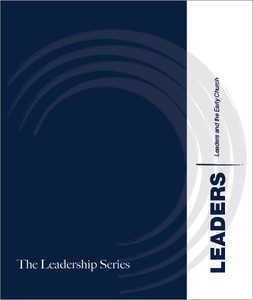
The overall objective of this course is to develop the ability to skillfully use Hebrew and Greek in the interpreting, preaching and teaching of the Word, using the advancement of linguistics and computer technology, as opposed to the traditional classical seminary approach of spending 2–4 years learning the language itself. Specifically, this means that each person studying the course would do the following:
-
Develop a basic understanding of linguistics, which applies to any language, with special attention being given to how to develop a functional equivalency between Hebrew and Greek and the language to which one is translating the Bible, as well as the specific skill of determining the semantic range of words.
-
Gain a basic understanding of both Hebrew and Greek linguistics (in essence identifying the unique characteristics of the Hebrew and Greek languages beyond those of any language), followed by an introduction to The Translator’s Handbooks—Old and New Testaments (55 volumes), created to guide an English translator in applying general language and Hebrew and Greek linguistic principles in accurately translating the Bible into another language.
-
Introduce the student to the Logos4 Library System, with an impressive array of Greek and Hebrew tools, and how to use the exegetical and passage guides to make full use of Hebrew and Greek in the interpretive process.
-
Guide the student in building a digital library appropriate to the level of biblical study needed, as well as provide an extensive review of Hebrew and Greek tools, commentary sets, and reference works needed at various stages of development as a leader.
-
Integrate the skills of this course back into the work of Interpreting the Word I: Principles and Procedures and Preaching, Teaching, and Worship in the Early Church, in a way that brings a mastery to the whole process of developing a hermeneutically trained judgment and to the process of study and preaching and teaching.





